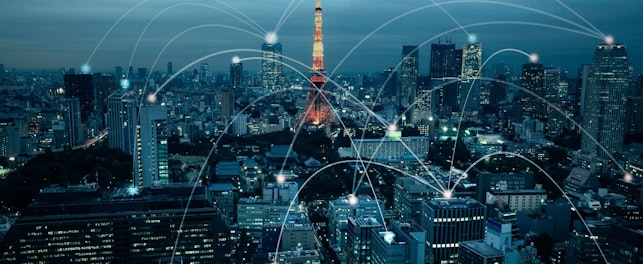Cybercrime continues to grow in scale and sophistication both abroad and at home. According to a report from the New Zealand Computer Emergency Response Team, cybercrime caused $6.6 million in financial loss in the first quarter of 2024 alone, an 84% increase from the last quarter of 2023.
Today’s businesses, large and small, are expected to protect the data of their stakeholders, from employees to customers. Failing to do so exposes businesses to costly financial loss, reputational damage, and even litigation. Given cybercrime's complexity and dynamic nature, it can be challenging for businesses to stay on top of new and emerging cyber security threats.
How can you protect your business and stay cyber resilient?
New cybercrime threats emerge all the time. To address this challenge, the International Standard Organization (ISO) created a comprehensive governance standard called ISO/IEC 27001.
ISO 27001 is the internationally recognized standard for security management and offers a key protection tool for implementing and maintaining cyber security. It helps organizations proactively identify and address their Information Security Management System (ISMS) weaknesses. It also promotes a holistic approach that addresses security from all angles, from people to policies and technology.
Achieving ISO/IEC 27001 certification demonstrates your commitment to information security and assures clients and other partners that you are serious about protecting information under your control.
Long-term benefits of ISO/IEC 27001 certification include:
- Enhanced credibility
- Reduced risk of fraud, information loss and disclosure
- Demonstration of the integrity of your system
- Business culture transformation and greater awareness of the importance of keeping information secure
- New business opportunities with security conscious customers
- A stronger notion of confidentiality throughout the workplace
- Better preparedness for the unavoidable – the next security event or incident
What are the steps to achieving ISO 27001 certification?
There are seven steps to the certification process:
- Application and quote
- Competence analysis – identify gaps in skills and competence at the outset
- Gap assessment – identify any weaknesses before the formal audit
- Stage 1 audit – confirmation that implementation is on track
- Stage 2 audit – confirmation that implementation is complete
- Certification – share your success
- Ongoing improvement – regular surveillance visit
What if my business is not ready for an ISO 27001 assessment?
All organizations are expected to protect sensitive data relating to their employees, business, and customers. However, some businesses, particularly Small to Medium Enterprises (SMEs), may feel they need more time to prepare for an ISO 27001 audit.
Our comprehensive Infosec Essentials one-day assessment offers the ideal starting point to assess your organization’s information security maturity, including strengths and improvement areas. Infosec Essentials is an efficient, cost-effective solution to prepare for international standard certifications, like ISO/IEC 27001, without the complexity of a full certification audit.
Why SGS?
SGS is the world’s leading testing, inspection and certification company. We are recognized as the global benchmark for sustainability, quality and integrity. With years of worldwide experience in information security, cybersecurity and privacy protection, we can help you along the path to certification with an ISO/IEC 27001 certification audit. Your audit can include a gap assessment and benchmarking. We will determine your level of information security competence and provide advice on how to achieve ongoing improvement.
Contact us today for more information on our ISO/IEC 27001 or Infosec Essentials services:
Steven Lashmar
Business Development Manager - Business Assurance
t: +64272108037
About SGS
We are SGS – the world’s leading testing, inspection and certification company. We are recognized as the global benchmark for sustainability, quality and integrity. Our 99,600 employees operate a network of 2,600 offices and laboratories around the world.
Business Assurance
Level 7, 1 Albert Street - Auckland Central,
1010,
Auckland, New Zealand



